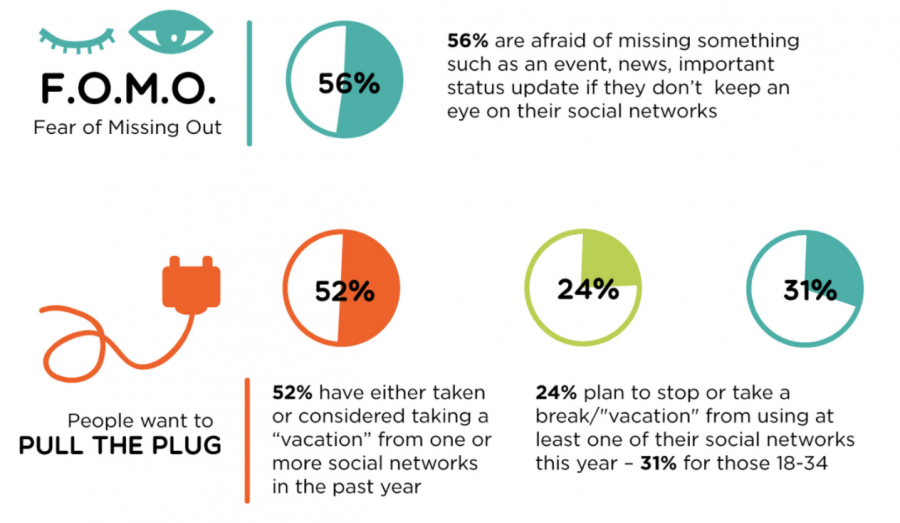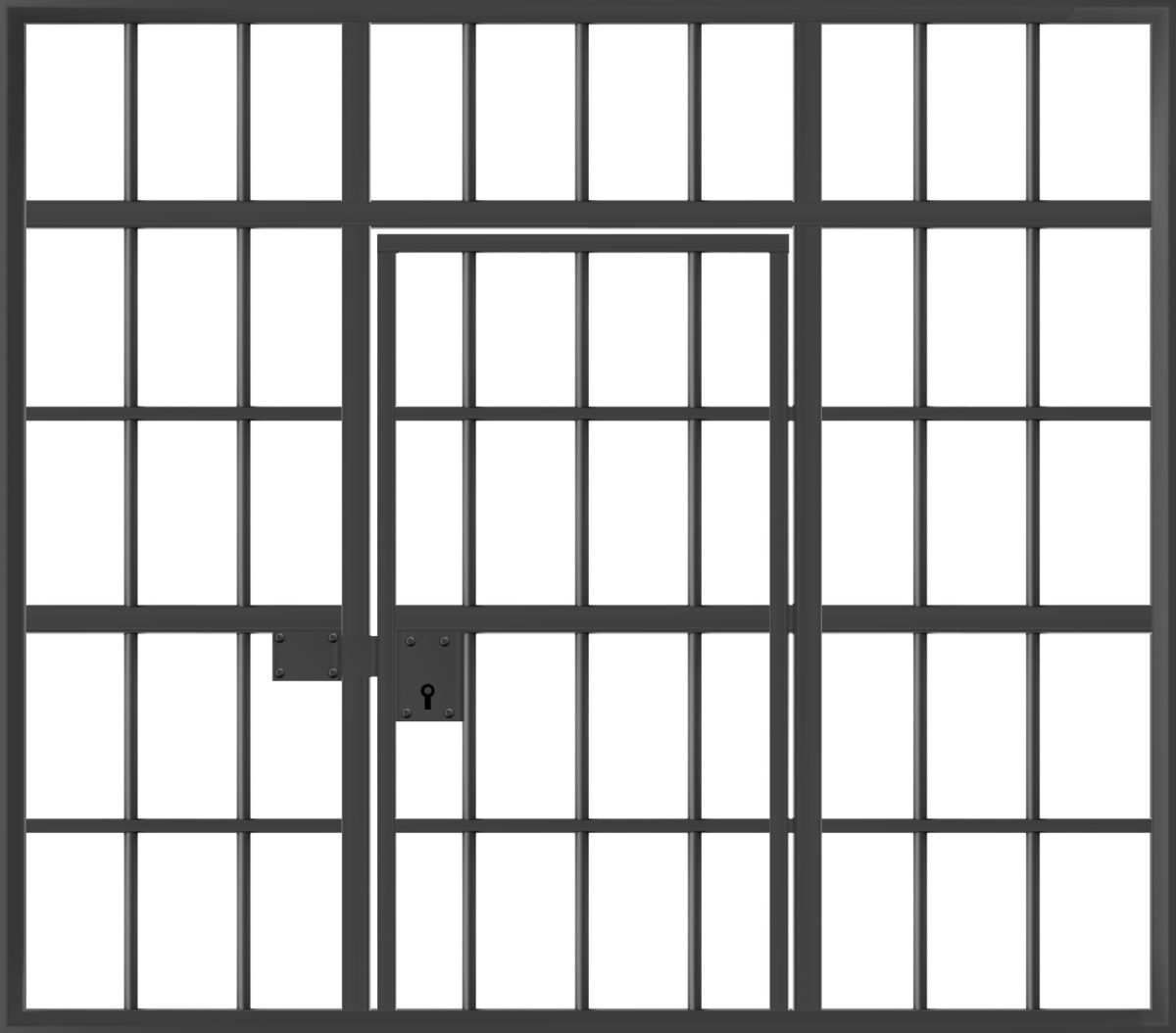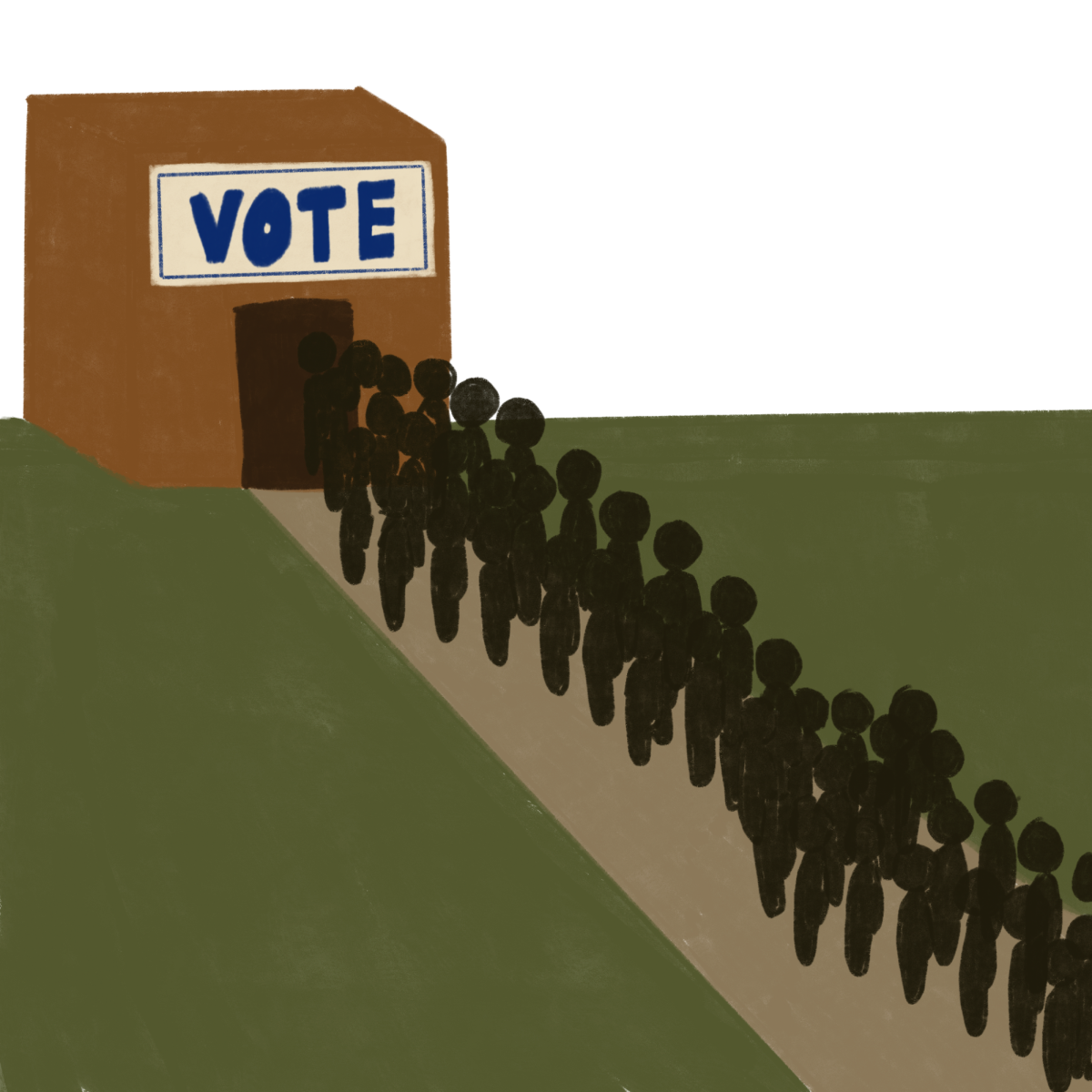I made a bold move and started to sit in the front row of my classes this semester. When I started classes last semester I was sitting around the middle of my classrooms trying to blend in; I didn’t want the attention the first row typically receives. However, sitting in the middle rows, I became increasingly distracted by the abundance of electronic devices in front of me. Let’s be honest, most people really don’t listen to the “no cell phone” policy that some teachers have in place. I’m sure most of you have heard a rogue phone go off from a video in class at least once. So, what’s so important that we can’t wait one hour and fifteen minutes to see?
Maybe your favorite celebrity just made another post on Instagram, a tweet about a cat is going viral or maybe your Snapchat is starting an earthquake in your pocket from new messages. As one of my professors said last semester: let those messages sit there, they’re not going anywhere so you can wait to respond – be mysterious. I loved this advice, “be mysterious” made me laugh every time it was used to control the cell phone use in class. We don’t have an obligation to reply instantly to every message we receive, although it may feel that way at times. This urge to grab our phones immediately upon receipt of a snap or direct message (DM) is starting to show a negative correlation to our mental health. This has become known as the fear of missing out or FOMO.
In a study conducted on 140 undergraduate students at Pennsylvania University, researchers asked half of the students to limit their use of Facebook, Instagram and Snapchat to 30 minutes a day, or 10 minutes per app. The students also participated in psychological surveys before and after the three-week experiment period. The results showed that students who limited their use on social media reported less feelings of FOMO, anxiety, depression and loneliness. This is the first study to have an experimental approach which has the ability to show causation. As more research and studies are being conducted on the use of social media platforms and their relationship with mental health, we should start paying closer attention.
The fear of missing out is associated with high levels of anxiety that can lead to increased depression and loneliness. It’s important to consider the consequences of being so involved in the online social world. Keeping up with the latest viral information is mentally tasking and as this study now shows: more time spent away from social media may decrease negative impacts on mental health. In Dr. Walton’s own words, “Social media, especially spending long periods of time on it, is just not that good for us. We may not need to quit it completely, but limiting our time on social media considerably and reconnecting with friends and family in real life, is definitely the way to go.”
I also want to add that mental health is nothing to be embarrassed about. Please don’t be afraid to reach out, it’s a sign of strength not weakness. UTSA provides counseling services for students and can be reached at (210) 458-4140.














